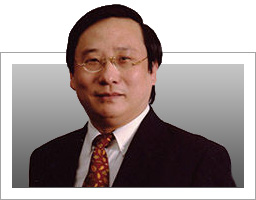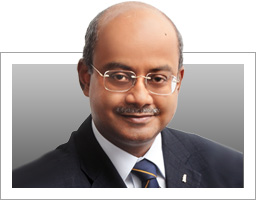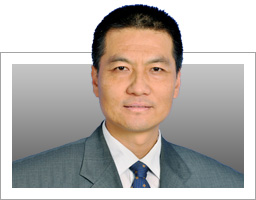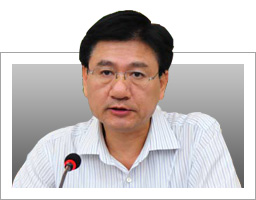Learn from Deng's diplomacy

The author was an English interpreter for Deng Xiaoping in the 1980s, and is director of the China National Association of International Studies.
Third, China should always stand firm on matters of principle. This is why in the 1980s, Deng insisted that three preconditions should be satisfied before relations between China and the then Soviet Union could be improved: the Soviet Union's withdrawal of troops from Afghanistan, and troop withdrawals from the China-Soviet Union border and the China-Mongolian border, and the withdrawal of Vietnamese troops from Cambodia.
As a large and important country with many responsibilities in the world, China should make sure that it remains a reliable and highly predictable force, standing firmly for peace, development and conflict resolution within the framework of the United Nations Security Council.
Fourth, China needs smart diplomacy. While he always emphasized the importance of hard power and real strength in foreign affairs, Deng also emphasized the importance of smart power in diplomacy.
Smart diplomacy means having the vision, courage, and wisdom to arrive at the best solution to an international crisis without succumbing to the temptation of achieving instant gratification on the spur of the moment, or without taking any major action before having carefully thought through the immediate, medium-term and long-term consequences and implications of the action.
Examples include Deng's "One Country, Two Systems" proposal which resolved the impasse in the Sino-British negotiations over the future of Hong Kong, as well as his equidistant policy in the Iran-Iraq War in the 1980s, even though the United States at that time tried its best to persuade China to support Iraq and oppose Iran.
Now that the United States has fought two extremely costly wars in Iraq, and is once again becoming entangled in Iraq, the wisdom of Deng's policy of treating both Iran and Iraq the same in the 1980s has not only served China well throughout all these years, but also demonstrated the importance of vision, wisdom and smart power in major foreign affairs initiatives in the world today.
Blessed with Deng Xiaoping's foreign policy legacy, China should continue to follow the course he charted so it can be an important force for peace and development in the world in the decades to come.
The author was an English interpreter for Deng Xiaoping in the 1980s, and is director of the China National Association of International Studies.
(China Daily 08/21/2014 page8)
Learn from Deng's diplomacy
Although seventeen years have elapsed since Deng's passing away in 1997, China is still forging ahead in the overall direction of reform and opening-up to the outside world that Deng charted for China after he became the paramount leader at the end of the 1970s. [more]
Revisiting Deng and the socialist market economy
China has come a very long way since Deng Xiaoping articulated his vision of a reformed and modern China in December 1978. More than 35 years after the historical Third Plenum of the 11th Central Committee of the Communist Party of China in December 1978, "socialist market economy" has become a frequently used phrase in modern economic and development literature. [more]
Scholars explore Deng's impact
Ranging from Deng's life and thought to the history of reform in China, the overseas studies of this former Chinese leader have undeniably shed new light on not only his own political, economic, cultural, military, and, diplomatic thought, but also on his important theories including the “One Country, Two Systems” policy that successfully enabled Hong Kong’s smooth return to the Motherland. [more]
Carry on institutional reform
By directing China's reform and opening-up since 1978 and innovating socialism with Chinese characteristics, the late Chinese leader Deng Xiaoping made a breakthrough in improving the institutional building of modern China, leading the country from the rule of man to the rule of law. [more]








